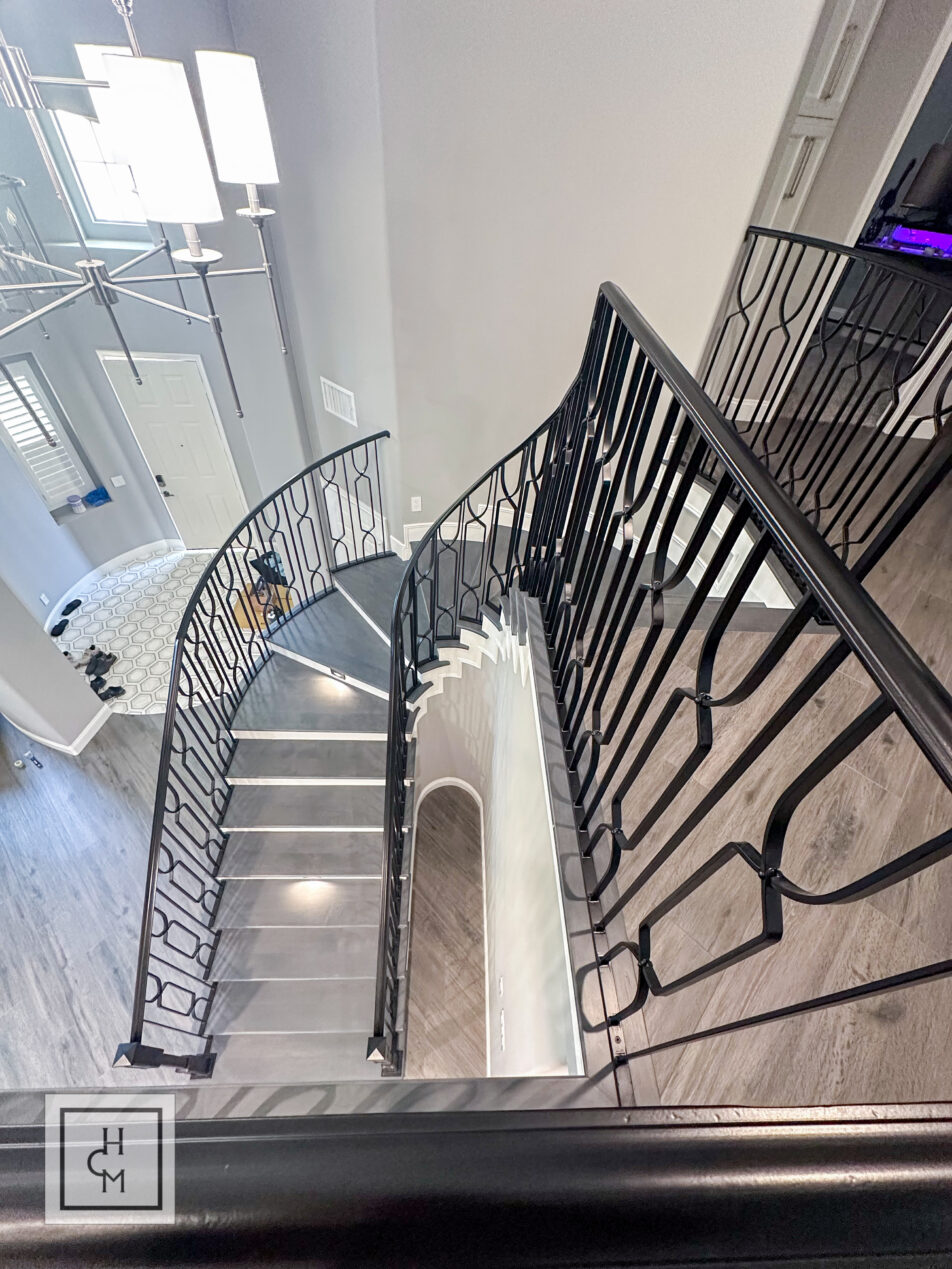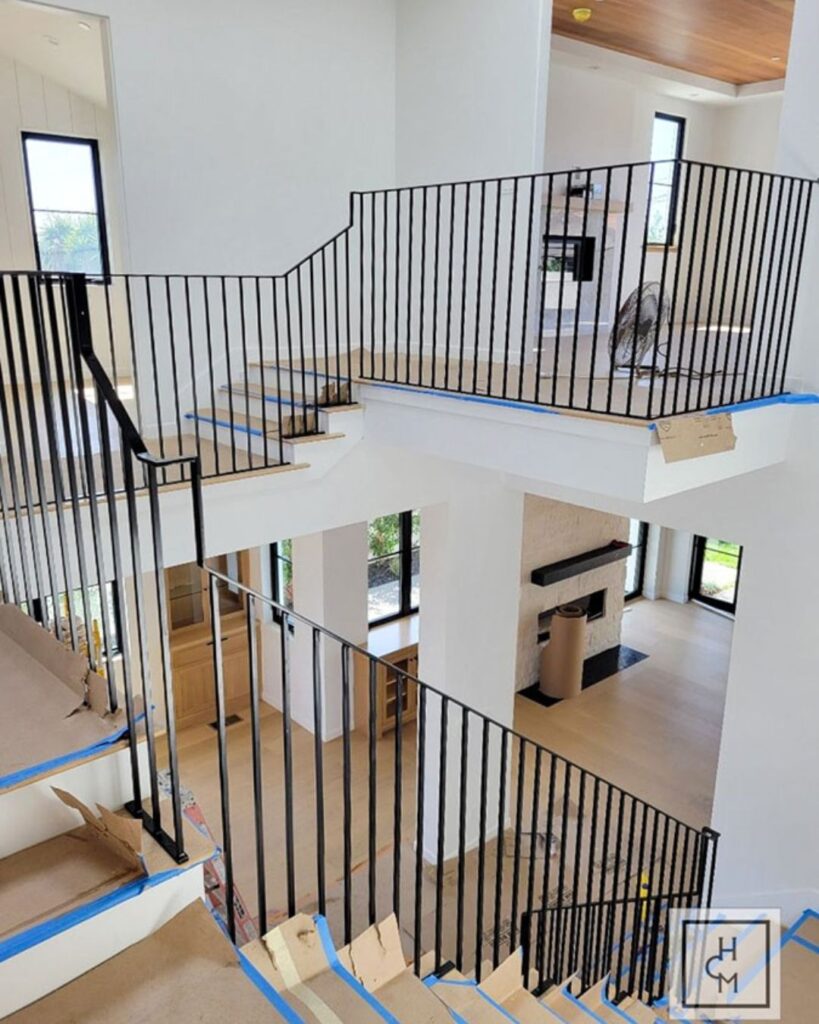
When the majority of the population mentions the term "metalwork," they imagine sparks flying, bars being hit by heavy tools, or a person welding in a garage. While this is part of what metalworking encompasses, it’s not all it is. It is an art, a science, and frankly, one of the most powerful keystones of the construction of our world in the present.
Metalwork is at work not only in skyscraper frames, but also in the smooth interior stair railing in homes, in the engine of your automobile, the phone in your pocket, and so on. But the vast majority of us never put in a minute to consider how important it is.
We should explore the very meaning of metalwork, how it contributes to the current production, and why it is not only necessary to modern life, but also impossible to replace.

Metalwork, to put it simply, is the art form of creating and designing metals into practical or ornamental objects. It is as old as people have known how to melt and shape metals such as copper, iron, and bronze. That is, several thousand years old.
At the time, metalwork was primarily used in tools, weapons, and jewelry. But go forward to today, and it is everywhere. Metalwork is used in construction, the auto industry, aerospace, home interiors, manufacturing plants, and even on the smooth railing that runs along your staircase.
It is not only about welding and cutting. Contemporary metalwork is an art that blends both artisan and technology. There is precision machining, laser cutting, CNC bending, powder coating, and all the others combined to make metal do whatever we need it to do.
Here is the point: metal will not become obsolete in the near future. It has the power, elasticity, and streamlined look, and continues to identify new methods to remain relevant.
Let’s be real, metalwork doesn’t always get the credit it deserves. People notice the fancy finishes, the smooth designs, and the “wow” factor of interiors, but not the sweat and precision behind it. Without skilled metalwork, most of what we rely on wouldn’t even exist.
Here’s why it’s such a big deal:
Metal components are needed by every manufacturing line, either in the form of machines or the products they produce. Imagine it as the skeleton that stands the whole thing up. No production line will run smoothly without the presence of strong metal parts.
We have metalwork, which provides us with durability in manufacturing, whether it is in the form of small bolts or large industrial constructions. It is not only about looks but also about safety, accuracy, and dependability.
Enter a contemporary structure with glass windows, scanty framing, and smooth contours. What is all that stuck together with? Metal.
Architects are fond of metal, as it is powerful yet flexible. You can mold it in any form of your choice: big steps, slender windows, neat balcony balustrades, or novelty roof decorations.
And in interiors, the interior metal stair railings have now become a statement by themselves. They incorporate utility and beauty. It is metalwork that makes that vision a reality, whether it is a matte black steel railing in a modern apartment, a polished stainless steel one in a luxurious villa, or a polished brass one.
The correct metalwork object can turn even an ordinary room into something outstanding. It’s functional art.
This is one area most people fail to notice: metalwork is one of the most sustainable in the manufacturing process.
The majority of metals can be reused an infinite number of times. It implies a reduction in wastage, consumption of less energy, and less environmental impact relative to plastic or wood.
The idea of designing products so that they have a long life and can be reused by metalworkers is beneficial, as it allows industries to reduce their expenditures and save the planet. Win-win.
Vintage craftsmanship and hi-tech; that is contemporary metalwork.
An expert craftsman is aware of the way to work with the natural properties of metal, its weight, resistance, and flexibility. However, these days we have hi-tech equipment that is capable of cutting, bending, and welding metal with a microscope.
This combination makes us have both art and accuracy. It is possible to create complicated constructions that can be touchable, and that is what distinguishes good metalwork from mass-produced components.
When you spend on custom metalworks, such as an exclusive staircase railing, a stylish gate, or an expensive architectural element, you are not merely enhancing beauty. You are raising the price of property.
Metal doesn’t wear out easily. It also remains fresh and new even after several years with very little maintenance. That is why interior designers and builders tend to lean towards metal when trying to have something that lasts long.
As such, it is not merely a metal railing but a design investment that continues to pay off.
Metalwork isn’t a single thing. It comes in many forms, each with its own role in manufacturing and design. Let’s break down a few of them:
This is where metal sheets are cut, bent, and assembled into products. Think tanks, brackets, stair frames, furniture bases, and the stuff that holds everything together.
Machining is the process of precision shaping with the help of such tools as lathes, drills, or CNC machines. Excellent in high-tolerance or detailed components.
In this case, complex shapes are made by pouring molten metal into molds. It is applied in car parts, engine components, and heavy machinery.
We are all aware of welding; that is the act of bringing two pieces of metal into one. But there’s an art to it. A proper weld is not merely a piece of work that acts as a glue; it is also neat and endures forever.
This includes polishing, coating, and painting. A big deal in decorative metalwork, especially for interiors. That matte black railing? The brushed stainless table legs? All finishing touches.
You unconsciously use metals every day.
Your automobile frame. The office desk legs. Elevator panels. Window grills. Even the coffeemaker handle is metal.
Inside homes, metal stair railings are popular. They blend into modern and rustic settings. Some choose basic black iron fences, while others choose ornamental metal designs, but both provide character and safety.
Custom metalwork sets the vibe in restaurants and businesses. It gives a location industrial, stylish, or artistic vibes.
Manufacturing without metal? Impossible.
Here are some reasons manufacturers depend on it:
Every automobile, plane, and structure relies on metal's exact and safe shaping.

Although manufacturing has been highly automated with robotics taking most of the workload, metalwork requires the human touch.
It is possible to cut, bend, and weld with machines, but it takes a skilled craftsman to know when something is right.
So, this is why metalwork is also referred to as a trade of the hands. A robot can never be taught intuition. It is art because of the power to watch the light play on smooth steel or two metals come together without apparent separation.
And in the event that art comes to serve, you have masterpieces. It could be a staircase railing that you made yourself or some industrial frame, but it is good metalwork; you can feel it, not just see it.
We overlook metalwork until we look around. It goes beyond steel beams and iron rods. Creativity, accuracy, and resilience.
So next time you see a contemporary interior metal stair railing or touch a smooth metal surface, appreciate the craftsmanship.
Hand Crafted Metalworks lives to make metal items that tell stories as well as have a function. We combine creativity and accuracy to create your idea, whether it's a sturdy industrial frame or a stunning handmade railing.
In the end, metalwork isn’t just a manufacturing step. It’s what holds our world together.
From industrial plants to your living room staircase, it’s all crafted with the same thing: precision, passion, and metal.
Learn more or start your next project at Hand Crafted Metalworks
Not at all. Metalwork plays a huge role in residential and commercial design, too. From custom gates to interior metal stair railings, it’s a popular choice for both strength and style.
Since virtually all machines, tools, and buildings contain metal components. In the absence of metalwork, industries would not be able to make durable, precise, or safe products.
The most common are steel, aluminum, iron, brass, and copper. They all have varying properties; some of them are stronger or more flexible, or corrosion-resistant.
Metalwork provides a contemporary and long-term feel to spaces. Interiors can be smooth, stylish, and durable with custom railings, fixtures, and frames.
Absolutely. Metals are recyclable, and many modern metalwork companies use sustainable practices, reusing scrap metal, reducing waste, and using energy-efficient techniques.